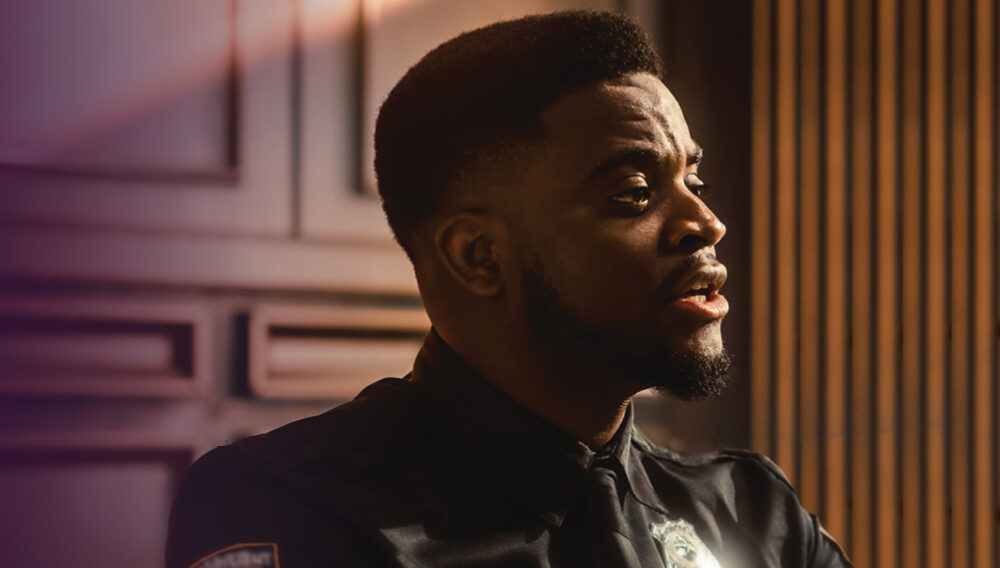Career Spotlight: Corrections Officer

What Is a Corrections Officer?
Corrections officers protect and oversee individuals who have been arrested and are serving time in a jail or prison. They are the unsung heroes of our criminal justice system. While this can be a stressful and dangerous job, many people find it equally as rewarding. On average, the starting salary for corrections officers in the United States is $47,920 (Bureau of Labor Statistics). Because jails and prisons are guarded 24/7, there are always opportunities for overtime. If this position is one you are interested in pursuing, be prepared to work unique hours, weekends, double shifts, and on holidays.
What Does a Corrections Officer Do on a Daily Basis?
While typically corrections officers work in jails or prisons, they can also be found working in courtrooms or with the Immigration and Naturalization Services Department.
Corrections officers’ day-to-day responsibilities generally include the following:
In addition, corrections officers enforce rules and regulations to maintain security. The main goal of a corrections officer is to prevent disturbances, assaults, and escapes, and to protect everyone inside a prison or jail. There will also be times where a corrections officer may have to restrain inmates or stop physical altercations.
Important Qualities of a Corrections Officer
While a corrections officer is no easy job, if you are passionate about criminal justice and social justice as well as about creating safe environments within communities and for inmates, this position may be the right fit for you. A few qualities and skills that are important to this role include:
How to Become a Corrections Officer
Qualifications to become a corrections officer will vary state to state, but most states require officers to complete a training academy before they begin work. Training academies usually last around seven months and include instructions in a number of areas, including self-defense, institutional policies, regulations, operations, and security procedures. You are able to apply to the training academy if you are between the ages of 18–21 and have at least a high school diploma.
Education Requirements for Corrections Officers
Many agree that working in law enforcement is no easy feat and should be taken seriously. Because of this, city and county jails and state and federal prisons look for candidates with educational backgrounds in criminal justice or psychology. While a bachelor’s degree in criminal justice is not required, it will help put you at the top of the list of applicants and better prepare you for the job. In addition, a bachelor’s degree can help you obtain a leadership position quicker. Learn more about the fully online bachelor’s in criminal justice program at Excelsior University to start pursuing your career in law enforcement. This program prepares you to meet the required responsibilities related to jobs in law enforcement, probation and parole, federal investigation, victim advocacy, security analysis, and crime scene investigation.



